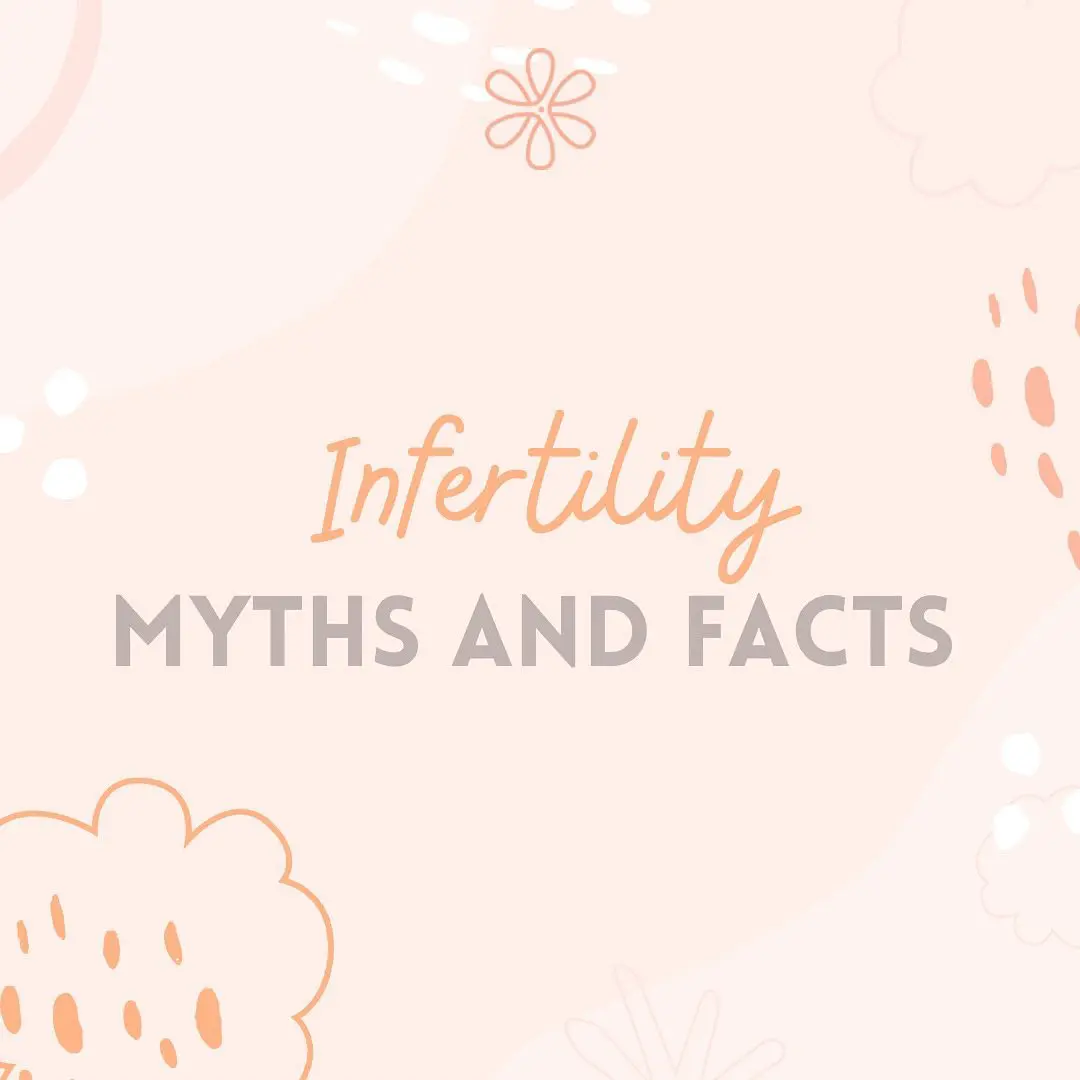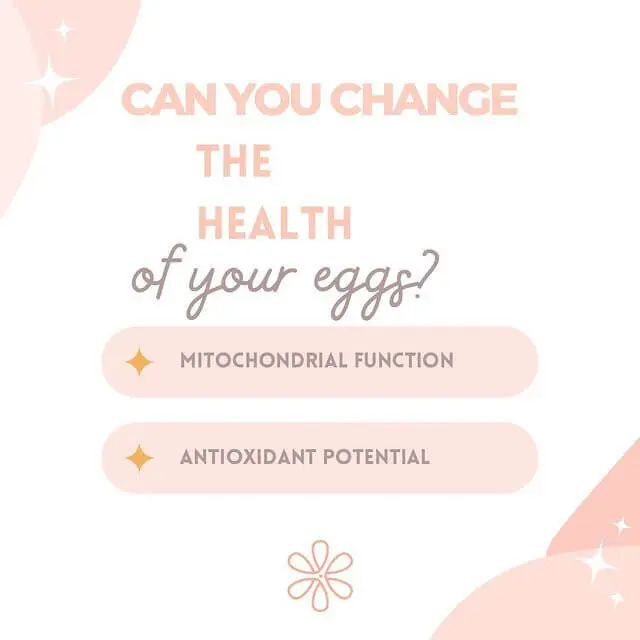Bringing a Boutique Fertility and IVF Center to the Heart of Houston

“I love seeing the transformation people undergo from being discouraged to seeing the ultrasound and hearing the heartbeat. This is a process that transforms lives.”
Welcome to The Inovi Family
We see patients of all ages and genders, but they all have one thing in common — a desire to build their families.
We focus on providing upscale service and attention you may not get elsewhere. As a single physician practice, you can feel comfortable knowing that your treatment will be carried out by the same doctor and nursing staff. Dr. Krotz and our team are here for you through every step of your fertility journey, from your evaluation to your treatment and beyond.
Why Choose Inovi?
Many IVF clinics focus on numbers — we focus on service and helping you create the family of your dreams. As a boutique practice, we can provide personalized care that goes above and beyond. We go the extra mile to ensure a comforting, welcoming experience.
- Always see your doctor
- Evening, weekend and video appointments
- Most current technology offered
- Easy office communication
- Customized treatment protocols
- Spanish speaking doctor & staff
- All services in one location
- Accepts major insurances
Inovi Fertility & Genetics Institute is proud to help women and men in Houston grow their families.
We are here for you through this challenging situation.
Many of our patients have already experienced heartbreak due to fertility complications. We are here to help you through the process, providing emotional support and guidance.
Combining cutting-edge laboratory equipment with a full array of ART options.
We offer top-of-the-line laboratory equipment and state-of-the-art assisted reproductive technology (ART) to ensure you have the best possible chance of getting pregnant. Our Embryology and Andrology Laboratories were created based on the development and processes of many successful laboratories over the past 20 years.
Our Fertility and IVF Specialist, Stephan Krotz, MD
Since choosing fertility as his specialty, Dr. Krotz has made it his mission to apply science to directly help people.
With a background in genetics and dual board certifications in Reproductive Endocrinology & Fertility and Obstetrics & Gynecology, Dr. Krotz has spent over a decade helping women and men achieve their goals while furthering the field of fertility treatments. In 2010, Dr. Krotz created the first artificial human ovary, giving him international recognition as a researcher and fertility specialist.
Read More Testimonials“Dr. Krotz and his team are amazing!
Always informative and responsive to any question I had during my IVF experience. They ensured I felt comfortable. We highly recommend this practice for anyone looking for a personal touch and excellent care.”
We work with you to help make your fertility journey a success.
Not everyone’s schedule is 9 to 5. Because of this, we make ourselves available at your convenience to ensure you get the care you need. From late-night to Saturday appointments, your treatment is within reach.
Schedule a Consultation




